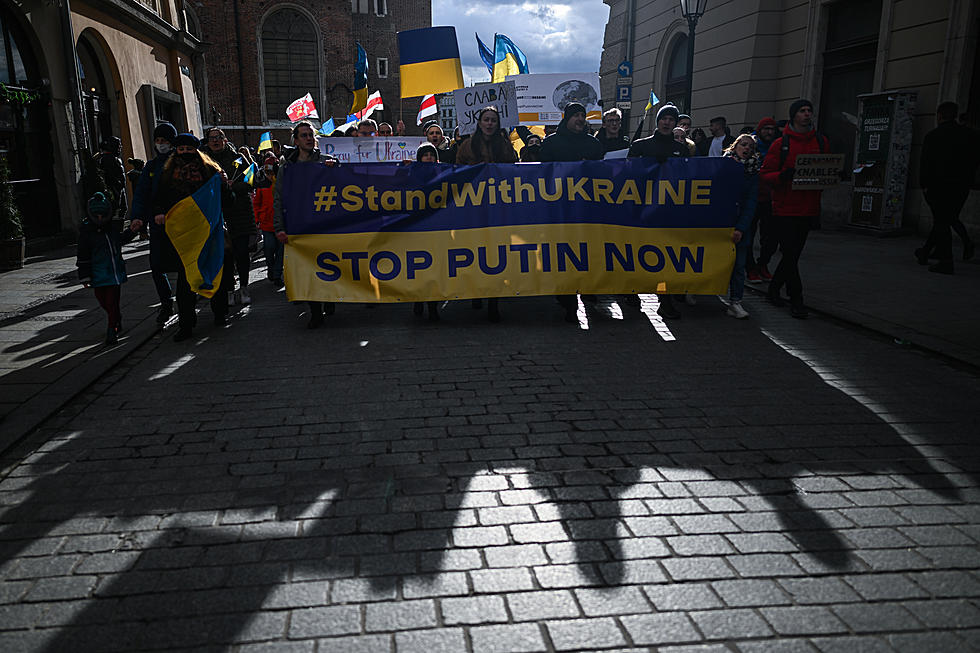
Shifting Explanations for Withholding Aid Draw GOP Alarm
WASHINGTON (AP) — The shifting White House explanation for President Donald Trump's decision to withhold military aid from Ukraine drew alarm Friday from Republicans as the impeachment inquiry tested their alliance.
Trump, in remarks at the White House, stood by his acting chief of staff, Mick Mulvaney, whose earlier comments undermined the administration's defense in the impeachment probe. Speaking Thursday at a news conference, Mulvaney essentially acknowledged a quid pro quo with Ukraine that Trump has long denied, saying that U.S. aid was withheld from Kyiv to push for an investigation of the Democratic National Committee and the 2016 election.
Trump said Mulvaney later clarified his remarks, and the president dismissed the House inquiry as "a terrible witch hunt. This is so bad for our country."
But in Congress, at least one Republican, Rep. Francis Rooney of Florida, spoke out, telling reporters that he and others were concerned by Mulvaney's remarks. Rooney said he's open to considering all sides in the impeachment inquiry. He also said Mulvaney's comments cannot simply be undone by a follow-up statement.
"It's not an Etch-A-Sketch," said Rooney, a former ambassador to the Holy See under President George W. Bush.
"The only thing I can assume is, he meant what he had to say — that there was a quid pro quo on this stuff," he said.
Republican leaders tried to contain the fallout, amid their own mixed messages.
Kevin McCarthy, the House GOP leader, cited Mulvaney's clarification later Thursday that there was no quid pro quo. It's a point that witnesses have also been making in testimony behind closed doors in the impeachment inquiry, McCarthy said.
"We've been very clear," he said. "There was no quid pro quo."
Republicans want the closed-door impeachment interviews made open to the public, including releasing transcripts.
Democrats in the probe being led by Rep. Adam Schiff, chairman of the Intelligence Committee, are keeping the proceedings closed for now, partly to prevent witnesses from comparing notes.
More From KGAB









